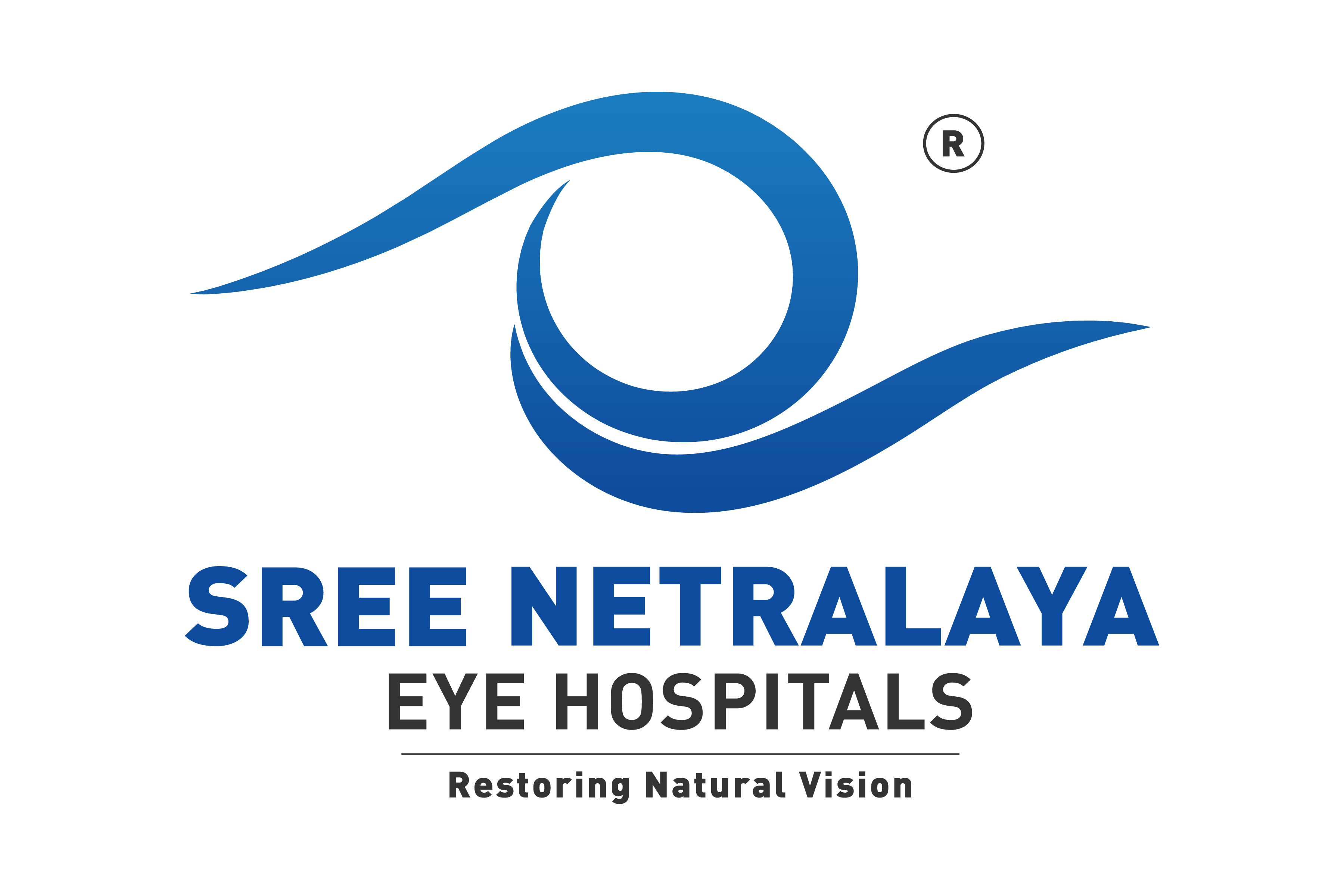What Is A Catract?
A cataract is a clouding of the eye’s natural lens, which lies behind the iris and the pupil.Eye Care Centre Cataracts are the most common cause of vision loss in people over age 40 and are the principal cause of blindness in the world. In fact, there are more cases of cataracts world wide than there are of glaucoma, macular degeneration and diabetic retinopathy combined.
Types Of Cataracts Include:
- A subcapsular cataract occurs at the back of the lens. People with diabetes, high farsightedness or retinitis pigmentosa, or those taking high doses of steroid medications have a greater risk of developing a subcapsular cataract.
- A nuclear cataract forms deep in the central zone (nucleus) of the lens. Nuclear cataracts usually are associated with aging.
- A cortical cataract is characterized by white, wedge-like opacities that start in the periphery of the lens and work their way to the center in a spoke-like fashion. This type of cataract occurs in the lens cortex, which is the part of the lens that surrounds the central nucleus.
Cataract surgery is very successful in restoring vision. In fact, it is the most frequently performed surgery in India. Nine out of 10 people who have cataract surgery regain very good vision, somewhere between 20/20 and 20/40. During surgery, the surgeon will remove your clouded lens and in most cases replace it with a clear, plastic intraocular lens (IOL).New IOLs are being developed all the time to make the surgery less complicated for surgeons and the lenses more helpful to patients.
Institute Facilities/Instrumentation
The institute is equipped with the state of the art facilities for operating cataract including day care cataract surgeries under topical anaesthesia ( no prick, no stitch, minimal incision phacoemulsification) including premium IOLS(Toric/Multifocal) The patients are first evaluated in detail clinically about the eye condition. This includes visual acuity assessment, Intra ocular pressure measurement, dilated slit lamp examination to grade the cataract level, Fundus examination to rule out other causes of decreased vision. Once the detailed examination is done the patients are counseled for surgery in terms of types of IOL and the financial aspects of the treatment. We keep in mind the socioeconomic status of the patient and try to give them the best package. We schedule the surgery date as per patients convenience, once scheduled for surgery we go ahead with other routine investigations like blood examination and Blood Pressure measurements. The specific eye investigation includes Biometry (A-scan and Keratometry) to calculate the power of the implant to be placed.
The Operation Theatre Is Equipped With The State Of The Art Carl Zeiss Microscope – LUMERA
Zeiss RF Pro & Tagaki, acknowledged to be the best in terms of Optics and the State of the Art Phaco Machines- ALCON INFINITI, ALCON LAURETTE and Zeiss VISALIS 100 Phacoemulsification Machines, the machines known worldwide for their efficiency and stabilty of the eye during surgery
The Hospital is equipped with the State of the Art A-Scan Machines- ALCON OCUSCAN RxP and SONOMED PACSCAN PLUS
